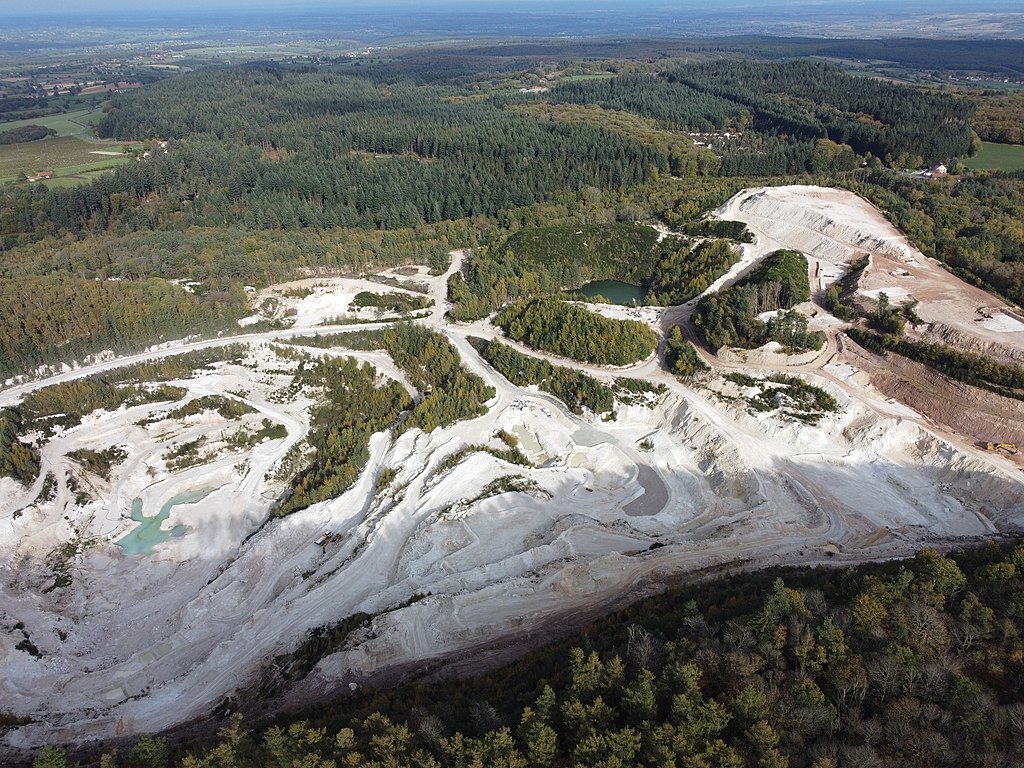Indigenous communities in Chile’s Atacama Desert are negotiating with state miner Codelco and lithium giant SQM for greater involvement in the expansion of lithium extraction in their ancestral lands. These talks, which began in March and are expected to conclude by year-end, aim to establish a new governance model for operations in the lithium-rich Atacama salt flat—home to the Lickanantay people for thousands of years.
The Codelco-SQM partnership, giving Codelco majority control of Atacama lithium operations, reflects Chile’s shift toward a state-led strategy under President Gabriel Boric. The deal is part of a plan to boost lithium output by 33% through 2060 while addressing Indigenous rights and environmental concerns. Communities emphasize water protection and sustainable extraction, demanding a formal role in environmental oversight without seeking a business stake.
Protests last year disrupted SQM operations, prompting the companies to prioritize Indigenous engagement. While tensions exist, both parties now meet regularly to shape a model that aligns with international Indigenous rights standards. Community leaders stress urgency due to upcoming presidential elections, fearing a future administration may reverse pro-Indigenous policies.
Environmental concerns remain central. Locals want assurances on water preservation and pollution prevention. Though SQM has implemented outreach programs and passed a 2023 IRMA audit, mistrust lingers from past practices. Still, analysts say a robust agreement could improve ESG credentials, attracting ethical investors and global automakers seeking transparent lithium supply chains.
Chile holds the world’s largest proven lithium reserves and ranks as the second-largest producer. As global EV demand rises, ensuring sustainable and inclusive mining is key to long-term industry success. Indigenous leaders say development is welcome—as long as they’re not left behind.



 Sony Q3 Profit Jumps on Gaming and Image Sensors, Full-Year Outlook Raised
Sony Q3 Profit Jumps on Gaming and Image Sensors, Full-Year Outlook Raised  Baidu Approves $5 Billion Share Buyback and Plans First-Ever Dividend in 2026
Baidu Approves $5 Billion Share Buyback and Plans First-Ever Dividend in 2026  Nasdaq Proposes Fast-Track Rule to Accelerate Index Inclusion for Major New Listings
Nasdaq Proposes Fast-Track Rule to Accelerate Index Inclusion for Major New Listings  American Airlines CEO to Meet Pilots Union Amid Storm Response and Financial Concerns
American Airlines CEO to Meet Pilots Union Amid Storm Response and Financial Concerns  TSMC Eyes 3nm Chip Production in Japan with $17 Billion Kumamoto Investment
TSMC Eyes 3nm Chip Production in Japan with $17 Billion Kumamoto Investment  CK Hutchison Launches Arbitration After Panama Court Revokes Canal Port Licences
CK Hutchison Launches Arbitration After Panama Court Revokes Canal Port Licences  Hims & Hers Halts Compounded Semaglutide Pill After FDA Warning
Hims & Hers Halts Compounded Semaglutide Pill After FDA Warning  Nvidia CEO Jensen Huang Says AI Investment Boom Is Just Beginning as NVDA Shares Surge
Nvidia CEO Jensen Huang Says AI Investment Boom Is Just Beginning as NVDA Shares Surge  Rio Tinto Shares Hit Record High After Ending Glencore Merger Talks
Rio Tinto Shares Hit Record High After Ending Glencore Merger Talks  Alphabet’s Massive AI Spending Surge Signals Confidence in Google’s Growth Engine
Alphabet’s Massive AI Spending Surge Signals Confidence in Google’s Growth Engine  SpaceX Pushes for Early Stock Index Inclusion Ahead of Potential Record-Breaking IPO
SpaceX Pushes for Early Stock Index Inclusion Ahead of Potential Record-Breaking IPO  Tencent Shares Slide After WeChat Restricts YuanBao AI Promotional Links
Tencent Shares Slide After WeChat Restricts YuanBao AI Promotional Links  Once Upon a Farm Raises Nearly $198 Million in IPO, Valued at Over $724 Million
Once Upon a Farm Raises Nearly $198 Million in IPO, Valued at Over $724 Million  Instagram Outage Disrupts Thousands of U.S. Users
Instagram Outage Disrupts Thousands of U.S. Users  Nvidia, ByteDance, and the U.S.-China AI Chip Standoff Over H200 Exports
Nvidia, ByteDance, and the U.S.-China AI Chip Standoff Over H200 Exports  Missouri Judge Dismisses Lawsuit Challenging Starbucks’ Diversity and Inclusion Policies
Missouri Judge Dismisses Lawsuit Challenging Starbucks’ Diversity and Inclusion Policies  TrumpRx Website Launches to Offer Discounted Prescription Drugs for Cash-Paying Americans
TrumpRx Website Launches to Offer Discounted Prescription Drugs for Cash-Paying Americans 































